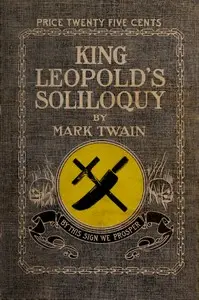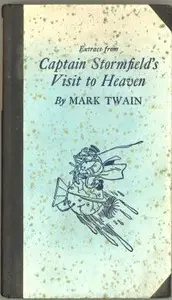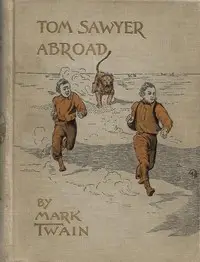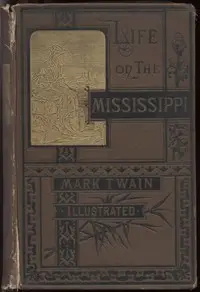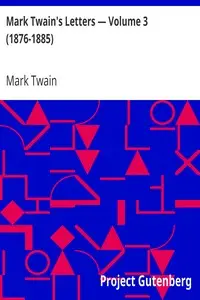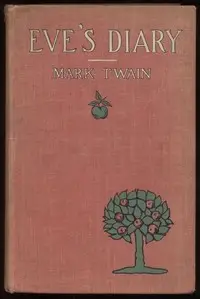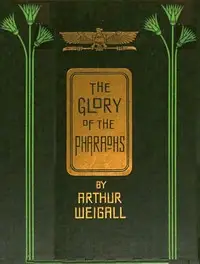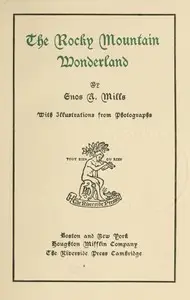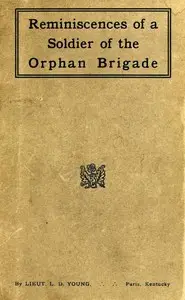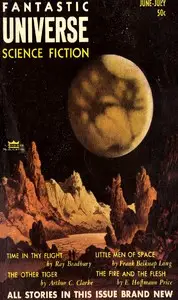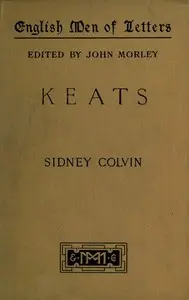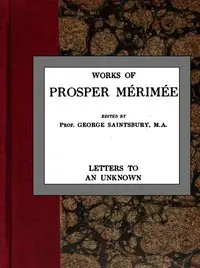"In Defence of Harriet Shelley" by Mark Twain is a critical essay written in the early 20th century. This work serves as a social commentary and a defense of Harriet Shelley, the first wife of the famed poet Percy Bysshe Shelley. Twain engages in a detailed critique of existing biographical narratives that portray Harriet in a negative light, arguing for a more nuanced understanding of her character and the circumstances surrounding her marriage to Percy Shelley. In the essay, Twain meticulously examines the prevailing biographies and accounts that depict Harriet Shelley as the cause of her husband's infidelity, particularly regarding his relationship with Mary Godwin (later Mary Shelley). Using wit and sarcasm, Twain dismantles the unfounded accusations against Harriet, pointing out the inconsistencies and biases in the interpretations of her life and actions. He posits that Harriet has been unfairly scapegoated for Percy’s moral failings, emphasizing that her essential innocence and suffering should be recognized rather than overshadowed by the romanticized narratives of her husband's poetic genius. Throughout the text, Twain explores themes of gender bias, the complexities of love and fidelity, and the hazards of literary reputations, ultimately advocating for Harriet’s rightful vindication. (This is an automatically generated summary.)

In Defence of Harriet Shelley
By Mark Twain
"In Defence of Harriet Shelley" by Mark Twain is a critical essay written in the early 20th century. This work serves as a social commentary and a def...
Samuel Langhorne Clemens, known by the pen name Mark Twain, was an American writer, humorist, and essayist. He was praised as the "greatest humorist the United States has produced," with William Faulkner calling him "the father of American literature." Twain's novels include The Adventures of Tom Sawyer (1876) and its sequel, Adventures of Huckleberry Finn (1884), with the latter often called the "Great American Novel." He also wrote A Connecticut Yankee in King Arthur's Court (1889) and Pudd'nhead Wilson (1894) and cowrote The Gilded Age: A Tale of Today (1873) with Charles Dudley Warner.

